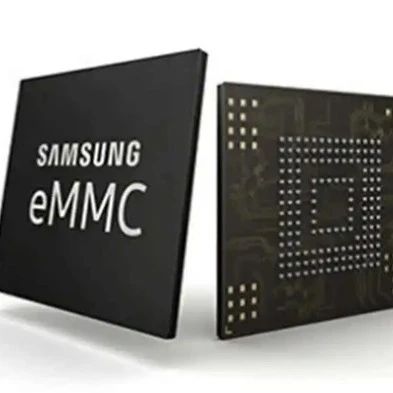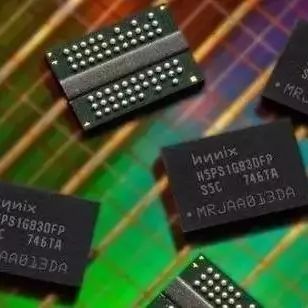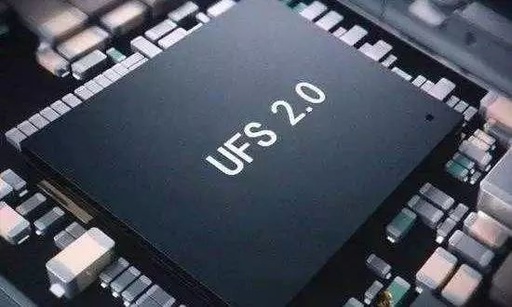NAND Flash Prices Decline by 6% in 2018; New Devices and Demand for 256GB Capacity May Bring Opportunities
Due to the shortage and price increase of NAND Flash in 2016 and the first half of 2017, the demand in markets such as smartphones and SSDs weakened in the second half of 2017, exacerbated by the seasonal effects at the end of the year. At the beginning of 2018, the prices of NAND Flash-related … Read more









